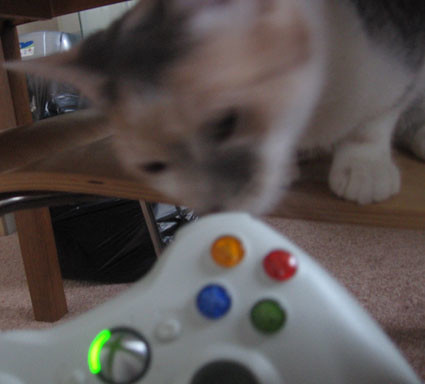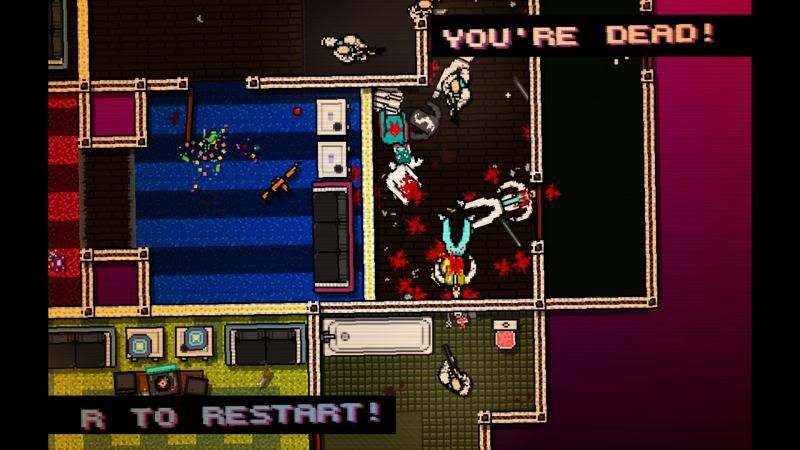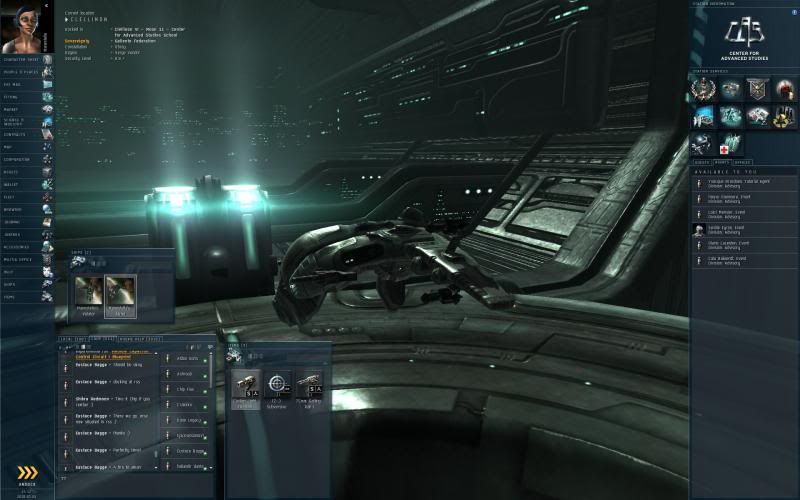
I am exhausted. Today’s been one of those days where time seems to stretch out like taffy in front of me, and while the amount seems small from one angle, it’s incredibly long from where I am right now. Tomorrow will be different, and better. But for now, here’s an entry from a few years ago that I feel still applies to me today.
There’s a picture of me out there, and I wish I could post it here with these words. It’s of me, at around 8 years old, proudly showing off my Transformers backpack. Optimus Prime, in all of his 80s glory, is ready to stand up and protect my books and Trapper Keepers from anybody trying to subvert my freedom, which is the right of all sentient beings. I knew Prime wasn’t real, but I believed his philosophy to be true.
As you can imagine, I got bullied as a kid.
My peers made fun of me. I actually got beat up once. I probably caused concern from my parents at more than one point. Somewhere along the way I tried to dial down the behavior that was causing such strife, in the name of fitting in. I never really did, and the behavior remains to this day. At this point, it probably isn’t going anywhere.
These days, though, I wonder why ‘fitting in’ is such a big deal.
The people who we remember, the ones we admire, aren’t people who fit in. Galileo, Joan of Arc, Martin Luther, Nikola Tesla, Rosa Parks, Issac Asmiov, Gary Gygax – these are people who refused to fit into the molds cast by the world around them. They sought change. They embraced their natures. And we love them for it.
Why do we demand so much less of ourselves? Are we just lazy?
Let’s face it, fitting in is easy. It requires almost no effort. Just do what everybody else around you is doing. Buzz in time with the rest of the swarm. Contribute to the overall productivity that will bluesky that turnkey solution. There is no ‘i’ in team.
Because they’re all hanging out in imagination. Innovation. Initiative. Plenty of ‘i’s there.
The problem is that imaginative, innovative people might not always channel that energy effectively. There are lots of mixed signals out there that can muck up one’s internal compass. We look for immediate payoffs. Benefits with minimum investment. Bigger bang for our bucks. To get them, we settle. We compromise. We take the safe road.
There isn’t anything wrong with this, in and of itself. It’s good to have certainty. Especially if you’re in a situation where you need to concern yourself with the wellbeing of others as well as yourself, you need to find a middle ground between dangling by your fingertips and keeping your feet on the ground. The nice thing about not being alone in this is the potential for someone to watch out for you, or you for them, as you make your way towards that goal, inch by inch, one foothold at a time.
When I was a kid, I spent a lot of time building LEGOs. And not always with instructions. In fact, I probably spent more time digging my fingers into the big plastic bin, fishing out blocks and assembling them by the blueprints in my head rather than going by established plans. Somewhere along the way, I lost sight of that sort of initiative. I started doing what other people did and were successful at, rather than seeking my own path. I followed well-trod trails around the mountain, rather than looking up and figuring out how I’m going to get all the way up that thing. I’d take a few steps up the incline but then back down when it got hard, because those trails are much easier to follow.
I forgot what it meant to be a kid while still occasionally acting like one.
I’d lament lost time but not consider how better to spend it. I’d rage against my situation and take no steps to change it. I’d experience rejection and loss without using the motivation it was handing me. Kids at their best don’t just cry over scraped knees. They let the pain out, wipe their faces and get up to try again.
At some point, if you’re on top of things and really want to hold onto that initiative, you’ll fail enough that you’ll realize why you’re failing, and instead will begin to succeed. You can’t get there without failing, though. Learning to ride a bike means falling a few times. Ditto traversing the monkey bars. The first few sandcastles you build are going to crumble before your eyes, possibly before you even finish. What matters isn’t necessarily the scrapes, the bruises, the wipeouts. What matters is what we do after they happen.
It’s okay to fail. It’s okay not to fit in. We have to find a way to make the most of those failures, to make not fitting in matter. When we do, the successes mean more, not just because of the failures that lead to it but because we can take full ownership of it. We had the crazy idea. We struggled to make it come to life. We were aware that we’d get odd looks and skepticism. We got to the finish line anyway, and something new and exciting is the result.
That’s reason enough to abandon the set paths. It’s why we remember those luminaries I mentioned. And it’s why, at this point, I’m probably never going to ‘grow up’.






